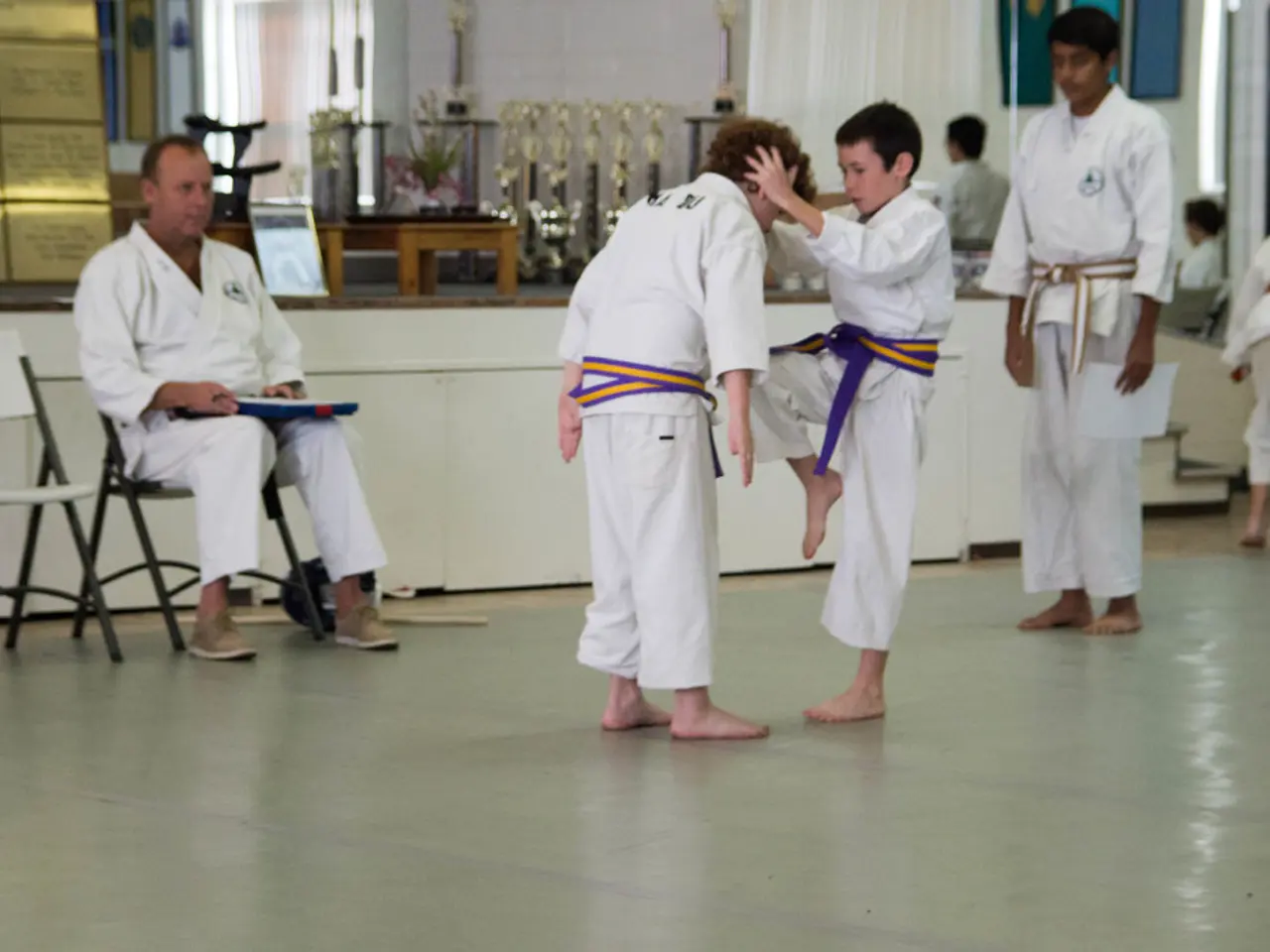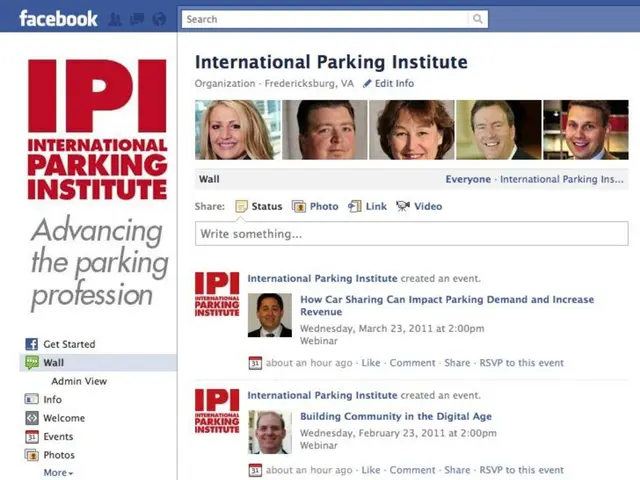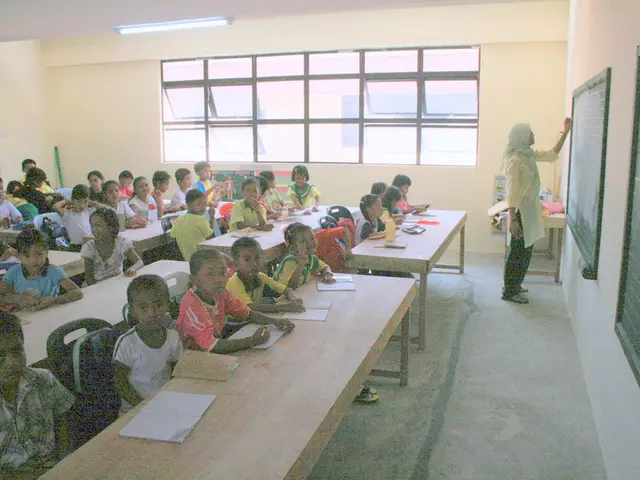Adapting to Shorter Legal Training: Structured Education for Young Lawyers in Singapore Amidst AI, Flexible Workplaces, and the Genesis of Artificial Intelligence
In the competitive legal market of Singapore, junior lawyers face increased workloads and complex assignments from the outset. However, structured training programs are providing critical benefits amid the rapid transformation caused by Generative AI, flexible work, and globalization.
These programs ensure junior lawyers develop the necessary skills and adaptability to navigate a complex, evolving legal landscape. Key benefits include enhanced compliance and regulatory understanding, skill development for technology integration, adaptability to flexible work arrangements, global legal acumen, and cross-border expertise, and strategic advisory capacity.
With Singapore continually updating corporate and AML/CFT laws, structured training ensures junior lawyers understand complex regulations and can advise clients accurately. As Generative AI and legal technologies reshape how legal services are delivered, training programs prepare junior lawyers to effectively use these tools, improving efficiency and accuracy.
Structured programs also support consistent learning and mentorship despite remote or hybrid work models, helping junior lawyers remain connected, engaged, and productive regardless of location or hours. Globalization demands understanding of cross-jurisdictional regulations and ESG-related compliance requirements, and training equips junior lawyers to advise on sustainability-linked deals and navigate disclosures for clients operating internationally.
Transitioning lawyers from pure compliance gatekeepers to strategic business partners requires robust foundational training. Junior lawyers learn to build responsible business practices in line with evolving standards. The Singapore Academy of Law (SAL) offers the Junior Lawyers Professional Certification Programme (JLP) to equip junior lawyers with foundational knowledge and practical skills.
Flexible work arrangements, including remote and hybrid work models, lead to less spontaneous interaction and direct supervision, reducing opportunities for organic learning. Structured training provides dedicated opportunities for interaction with senior lawyers and peers. Law firms and legal departments can sign the SAL's Training Pledge to prioritize the professional development of their junior talent.
Junior lawyers often work on cross-border matters, requiring them to quickly grasp foreign legal systems, international regulations, and global legal trends. Structured training programs offer targeted training on core legal skills beyond AI tools. In the evolving legal environment, structured training programmes are necessary for law firms and legal departments to nurture competent, confident, and future-ready legal professionals.
The legal landscape in Singapore is undergoing a transformation due to the rise of Generative AI. The efficiency imperative of Gen AI risks junior lawyers becoming consumers of AI-generated output without fully understanding the underlying legal principles and nuances. Structured training incorporates formal coaching components with clear objectives and regular check-ins to prevent this.
Overall, structured programs foster expertise, compliance confidence, technology fluency, and strategic thinking, which are essential for junior lawyers to thrive as Singapore’s legal environment rapidly evolves under technological, regulatory, and global pressures. The globalisation of legal practice demands a global legal mindset from junior lawyers from the outset, and structured programs provide the foundation for this mindset. The SAL's Training Pledge signals the coming together of the legal community in Singapore to underscore the value of continuing professional development.
- Structured training programs help junior lawyers navigate a complex, evolving legal landscape by developing skills like adapting to technological changes (Generative AI), understanding complex regulations (Singapore's corporate and AML/CFT laws), and advising on cross-jurisdictional regulations and sustainability-linked deals.
- Legal education and self-development, including structured training programs, are crucial for junior lawyers to transition from compliance gatekeepers to strategic business partners and to build responsible business practices that align with evolving standards.
- Embracing a global legal mindset is essential for junior lawyers in the rapidly changing Singaporean legal market, and structured training programs offer the foundation for this mindset, equipping them with expertise in technology, compliance, and strategic thinking to thrive in the globalized legal environment.





